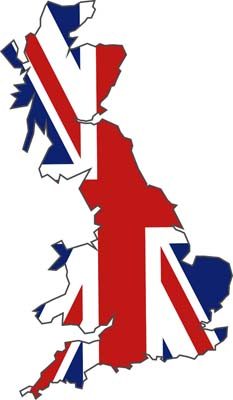Brits feared losing their cuppa most over Russian nuke strike threat in the 50s
London,  May 5: Amid fears of a nuclear attack by Russia in the Fifties, preserving tea supplies to keep the population “in good heart and health” was high on the agenda of the then British ministers, according to documents released in south-west London.
May 5: Amid fears of a nuclear attack by Russia in the Fifties, preserving tea supplies to keep the population “in good heart and health” was high on the agenda of the then British ministers, according to documents released in south-west London.
Files dating from 1954 to 1956, released under the Freedom of Information Act by the National Archives in Kew, reveal that the ministers were worried that a missile attack might cripple supplies of tea and other staples that are necessary for public health.
The documents also show that public authorities were ordered to draw up contingency plans for food supplies in the event of a widespread nuclear attack.
"The tea position would be very serious with a loss of 75 per cent of stocks and substantial delays in imports and with no system of rationing it would be wrong to consider that even one oz per head per week could be ensured. No satisfactory solution has yet been found," the Telegraph quoted one official as noting.
A paper drawn up in April 1955 read: "The advent of thermonuclear weapons…has presented us with a new and much more difficult set of food defence problems."
The paper further stated that the objective of planning should be to be "completely ready to maintain supplies of food to the people of these islands, sufficient in volume to keep them in good heart and health from the onset of a thermonuclear attack.”
"It has become increasingly clear that the severity of the attack which the enemy could launch would produce a catastrophe in the face of which past measures would be fatally deficient," it added.
The documents also show that London, Birmingham, Merseyside, Manchester and Clydeside were marked as H Bomb targets in a list prepared by the Ministry of Food.
Places listed as targets of smaller atom bombs were Tyneside, Teesside, Leeds, Sheffield, Hull, Derby, Purfleet in Essex, Southampton, Portsmouth, Bristol, Plymouth, Cardiff, Coventry and Belfast.
The ministers were holding discussions on arrangements for the stockpiling of food, emergency feeding, and the availability of bread, milk, meat, oils and fats, tea, and sugar.
The documents say that the former wartime emergency bread organisation, "which operated so efficiently in the last war", was set up again.
"It would however be unable to maintain bread supplies under the conditions envisaged," added the files. (ANI)